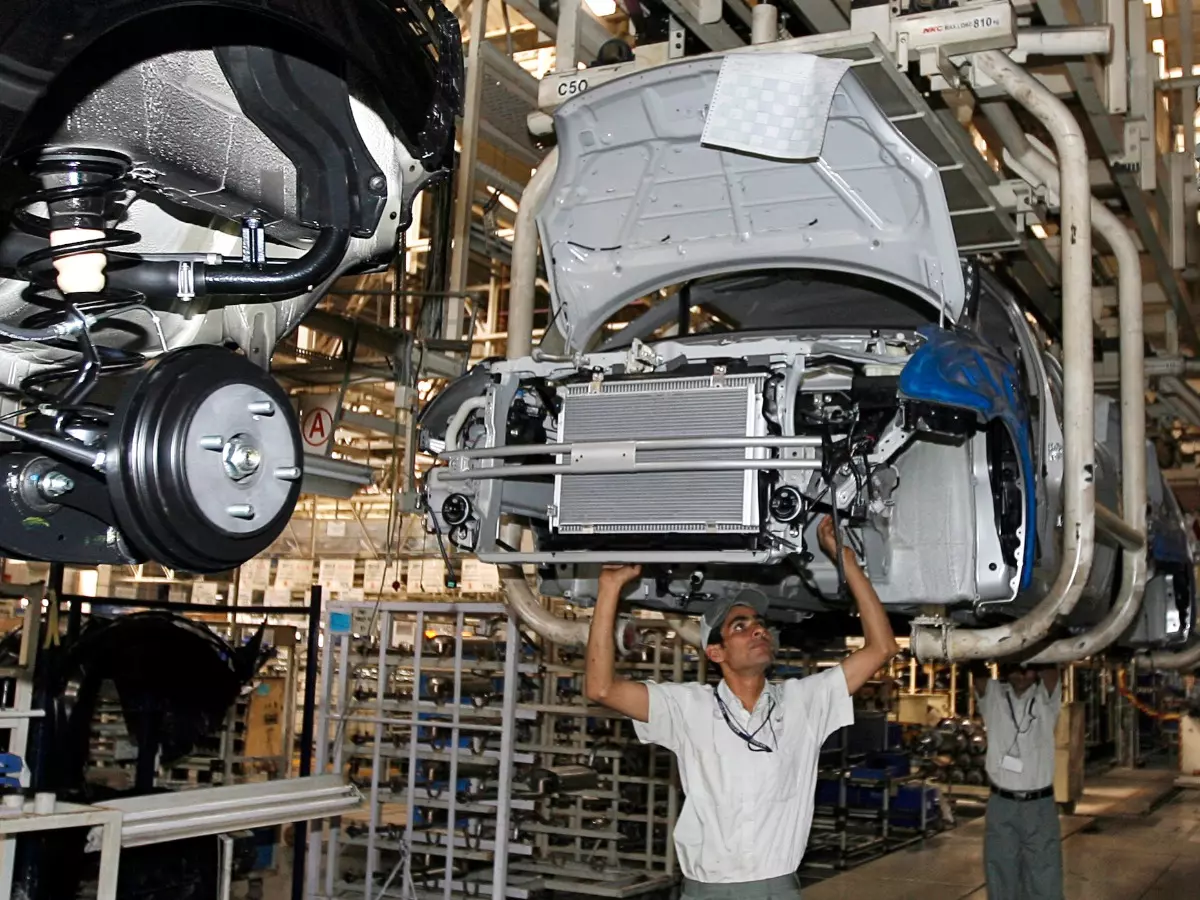Indian Auto Industry Likely To Resume Production In Limited Capacity Soon
While India observes a lockdown to tackle the spread of Coronavirus in the country the shutdown of production units is taking its toll on its economic support. In a bid to change the situation some industries have been allowed to operate in limited capacity. Auto makers are now turning out to be among them. Bajaj Auto has received an approval to resume operations in its plant at Waluj Aurangabad Maharashtra.

While India observes a lockdown to tackle the spread of Coronavirus in the country, the shutdown of production units is taking its toll on its economic support. In a bid to change the situation, some industries have been allowed to operate in limited capacity. Auto makers are now turning out to be among them.
Bajaj Auto, for instance, has received an approval to resume operations in its plant at Waluj, Aurangabad, Maharashtra. The two-wheeler major will be able to resume the production of knocked-down kits of motorcycles and commercial vehicles for export with 850 workmen for now.
The approval will allow the firm to meet its export orders worth Rs 1,000 crore to countries in Latin America, Africa, and southeast Asia among other places.
A similar permission has been granted to India¡¯s largest car manufacturer Maruti Suzuki India Limited (MSIL). MSIL has been allowed by the district administration to resume operations at its Manesar plant in limited capacity.
 (Representative Image: Reuters)
(Representative Image: Reuters)
In numbers, the plant can operate with 4696 people and 50 vehicles, an ETAuto report mentions. Maruti will have to regulate the work to a single shift during the period. There is, however, by the company on when the production will resume.
The Economic Times report cites people in the know stating that the production may begin from Monday - 27th of April. Maruti Suzuki is estimated to produce about 15000 units within April upcon commencement of operations.
There is, however, a problem of supply chain to be faced by the OEMs. Maruti Suzuki Chairman R C Bhargava mentioned the same earlier this week, saying production might be disrupted even if the company chooses to open factories, due to inadequate access to components from vendors across the country.
The updates come after the new guidelines issued by the Ministry of Home Affairs that allow private industries and industrial establishments operating outside the limits of municipal corporations and municipalities, i.e. in rural areas, to operate from April 20.
